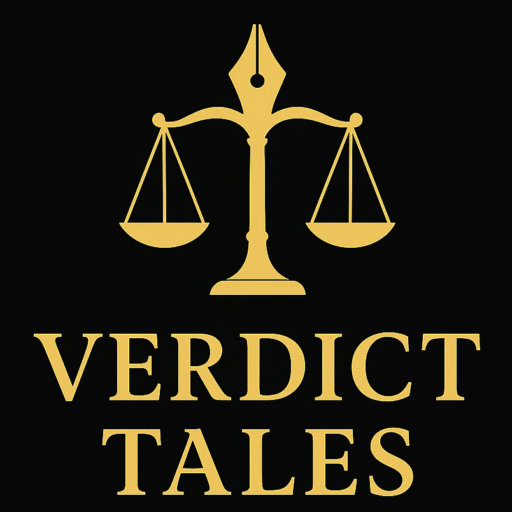Tri-Star Industries, a Pakistani company, begins manufacturing toothbrushes and hairbrushes in Karachi. Through years of hard work, they build TRISA into a trusted household name. Their crowning achievement? Securing the “TRISA” trademark registration in 1985 under Class 21 (brushes).
But trouble arrived in 1997 when TRISA Burstenfabrik AG (a Swiss giant) attempted to register the identical mark in Pakistan for similar products. For Tri-Star, this wasn’t just business—it was an existential threat to their brand identity.
The Legal Battle Begins
Tri-Star struck first:
✔ 1997: Filed civil suit No. 863/1997 in Sindh High Court, alleging trademark “usurpation”
✔ 1999: Obtained injunction barring Swiss company from using TRISA in Pakistan
✔ 2005: Case settled via consent, maintaining the injunction
Meanwhile, the Swiss company’s 1997 trademark application was quietly progressing:
-
Published in Trade Marks Journal: November 2000
-
Opposition deadline: January 22, 2001 (60 days under Trade Marks Act, 1940)
Here’s where Tri-Star made a fatal mistake—they missed the deadline.
The 108-Day Delay That Changed Everything
On March 11, 2003 (108 days late), Tri-Star finally filed opposition (Form TM-55) with:
❌ Four backdated extension requests filed simultaneously
❌ Generic justification: “Needed more time to prepare”
❌ Claimed Registrar failed to notify them under Rule 23
Against all odds, the Registrar:
✔ August 18, 2003: Granted all 108 days’ extension
✔ Allowed belated opposition
The Swiss company appealed to Sindh High Court (M.A. No. 10/2004), arguing this violated procedural rules.
Courtroom Showdown: Rule 76 Under Scrutiny
The core legal issue revolved around Rule 76 of Trade Mark Rules 1963:
-
Permits Registrar to extend deadlines if “satisfied”
-
Requires monthly extension requests (max 6 months total)
Sindh High Court’s 2021 Decision:
✔ Overturned Registrar’s order
✔ Ruled Tri-Star’s simultaneous requests violated Rule 76
✔ Found justification (“needed more time”) insufficient
Tri-Star appealed to Supreme Court of Pakistan.
Supreme Court’s Landmark Ruling (April 27, 2023)
Justice Muhammad Ali Mazhar’s bench delivered a devastating blow to Tri-Star:
Key Findings:
1️⃣ Procedural Violation
-
Four extension requests filed together ≠ monthly compliance
-
Registrar’s approval was “stereotypical” without proper scrutiny
2️⃣ “Satisfied” Means Rigorous Review
-
Cited Nazir Ahmad v. King Emperor (1936): “Satisfied” requires reasoned conclusion
-
Compared to CPC Section 148: Extensions demand judicial consideration
3️⃣ Mandatory Deadlines Matter
-
Rule 76’s wording (“must”) makes timelines compulsory
-
“Law cannot bend for indolent litigants”
Verdict:
❌ Rejected Tri-Star’s appeal
✔ Upheld Sindh High Court’s decision
The Aftermath & Lessons Learned
While Tri-Star retained its 1985 registration, the Swiss company’s application remained alive due to:
-
Tri-Star’s procedural missteps
-
Failure to timely oppose
Critical Takeaways for Businesses:
-
Deadlines Are Sacred – Miss one, lose your rights
-
Document Everything – Notices, correspondence, filings
-
Follow Procedures Exactly – Courts won’t excuse sloppiness
